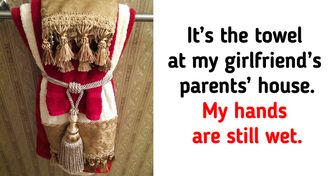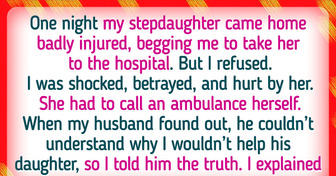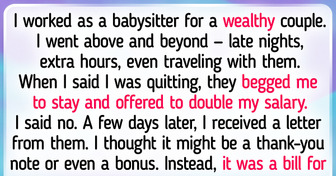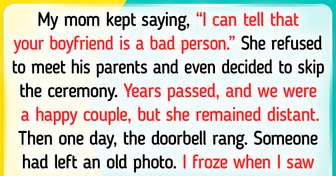The Most Beautiful Girl in the World Has Grown Older. Here’s What She Looks Like Today

Spending isn’t a big concern, but if our purchases become compulsive rather than impulsive, we might be dealing with something more serious: a shopping habit. Retail therapy is no longer a joke if we realize how much money we might waste while satisfying our drive to spend: a serious shopaholic can create a significant financial burden.

When financial issues become unbearable, we may do the exact opposite of what we should. Consuming far too much money may serve as a way of distracting yourself from the actual issue.
If you’re on a tight budget and have to choose between having dinner and buying a brand new dress, you’ll probably go with the dress. As a result, you’d rather not eat at all than miss out on that clothing you’ve been craving.
This tendency may lead to you living severely beyond your means, preferring to shop for clothes rather than prioritizing life survival goods like rent, groceries, or even a medical checkup.
You buy compulsively, not because you need or want particular products, but just because you have an overwhelming desire to do so, and you frequently go over budget.
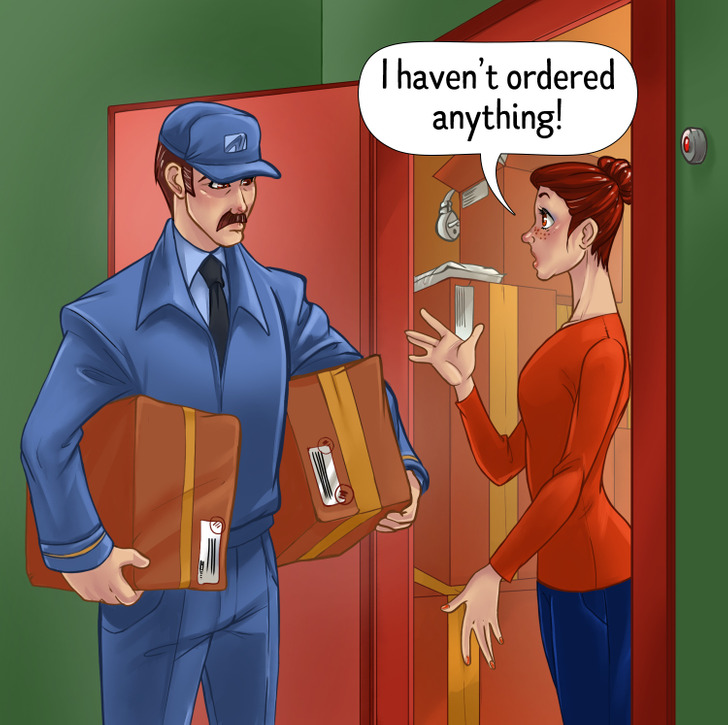
Because of the influence it may have on our lives, wallets, and relationships, online shopping can quickly become more than just a habit. People might become obsessed with making daily or weekly internet purchases, and it can be so difficult that you eventually end up not enjoying what you bought or, worse, forgetting about it.
During an online shopping session, you start by buying everything handy, affordable, and within your budget, and you end up getting odd worthless items. You may forget when and what you ordered because of your compulsive behavior. And you likely ordered so many things online that by the time your delivery comes, you can’t remember what you ordered.
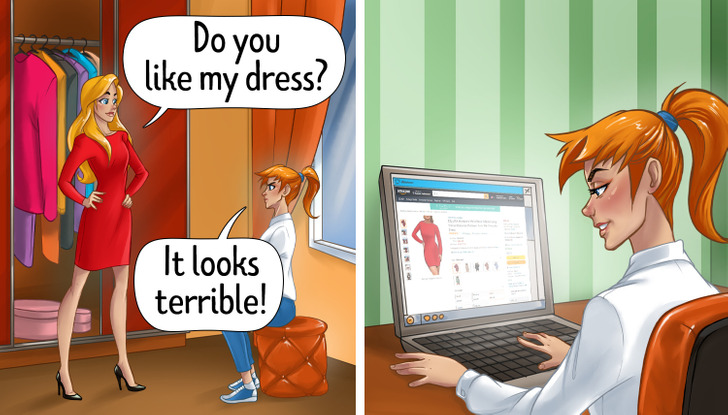
Envy is a sense of dissatisfaction or resentment triggered by someone else’s belongings. In other words, someone has what you desire, which makes you jealous of them and their life. Maybe you saw a friend wearing a new outfit and thought about how great it would be to go shopping. You get thrilled about the idea of buying something new. Being a shopaholic may also imply being jealous of others who’ve purchased items that you don’t have.
You feel envious when you see some of your friends shopping, and because of your resentful urge to buy without limits, you feel forced to get what they have as quickly as possible. This can get you to the point of feeling angry with them for no apparent reason until you obtain whatever they have.
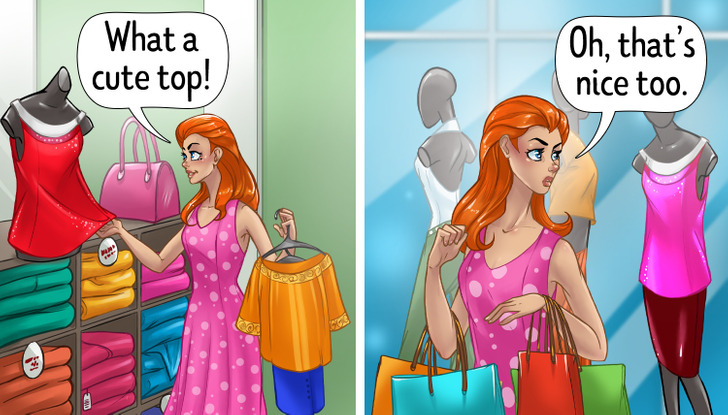
You have a shopping routine that takes a lot of time and effort. When shopping at the mall, for example, you check each store to avoid missing out on any prospective purchases. There is an insatiable urge to buy everything and you will have to go shopping whether you like it or not in order to make all types of purchases. Eventually, you don’t even recall buying that much since you were just persuaded by your mind.
You are tempted to feed your shopping fever by purchasing identical items in many shades. This is not done for any particular purpose — you are more interested in making purchases than in owning the products and, as a result, feel dissatisfied or humiliated after purchasing something. If a bag is lovely in red, yellow, blue, and black, you’ll need all of them, no matter how similar the patterns are. You don’t care whether you use them — you collect many items only for the purpose of possessing them.
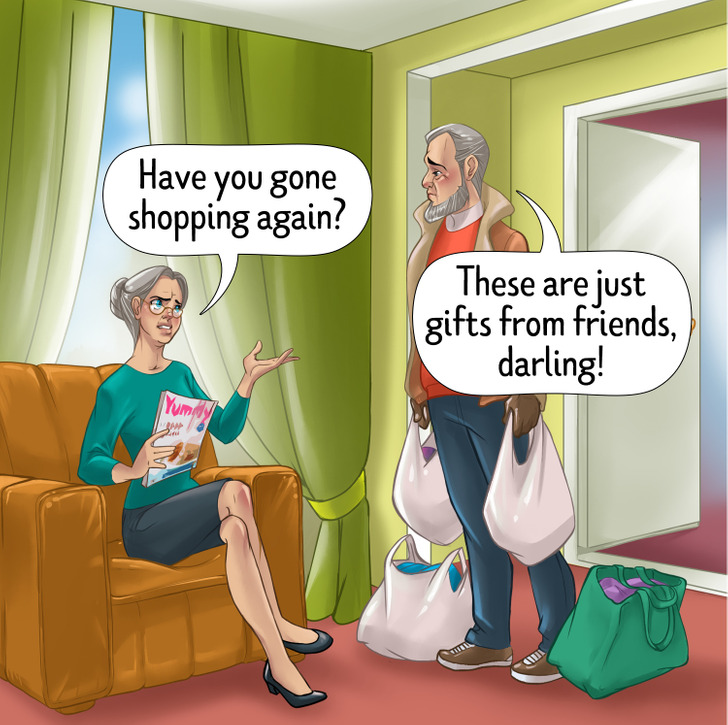
Compulsive shoppers may not realize how terrible their problem is until it affects not just them but also their relationships with others. Your loved ones could be aware of your shopping habit and strive to help you in any way they can. The trouble begins when you are the one who refuses to be helped. Because obsessive shoppers spend so much money, they must keep their purchases hidden from their partners or friends.
This condition may cause you to lie to your friends or partners, and what started as “white lies” might turn into “big falsehoods” that will irrevocably harm your relationships. Once you realize how much money you’ve spent, you feel ashamed and lie to avoid being criticized.
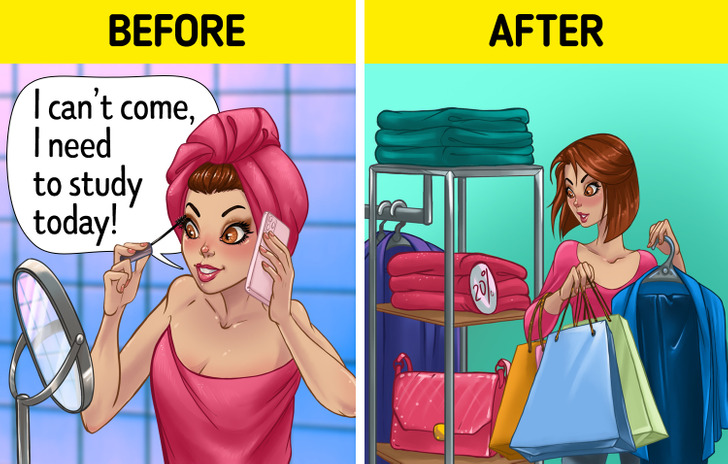
Spending money on shopping will prevent you from accomplishing your goals. If your buying obsession stops you from living your life, it may be time to reconsider it. People suffering from this spending habit can’t stop thinking about going shopping. It means spending more money on clothing than you would on something else, like a home.
Whenever your friend asks you out for a group event, like a trip abroad, a party, or a dinner, you decline under the guise of not having enough money. However, if the chance of going shopping comes, you never pass it up. You’d rather spend your money on a new dress than on improving your quality of life.
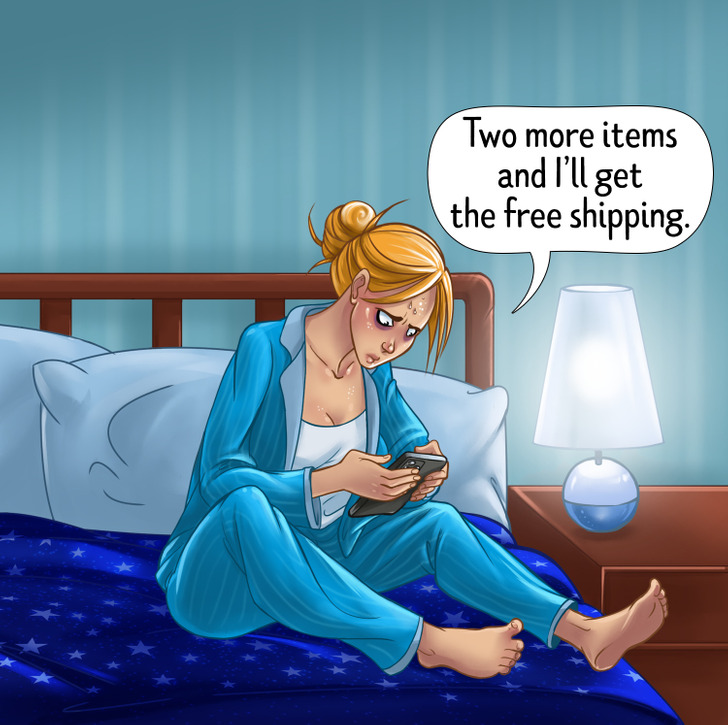
Any spare time is an ideal moment for in-store or online shopping. When you have a shopping problem, you constantly think about what you should buy next. For this reason, you don’t want to miss out on any promotions or discounts on items in your shopping carts, or you simply need to navigate around the online stores to have a look at everything.
People who are hooked on online shopping may find themselves unable to sleep at night and eventually turn to their phones to purchase or just store items for the next round. The persistent thought of buying makes you feel nervous and anxious, to the point of staying awake all night long.
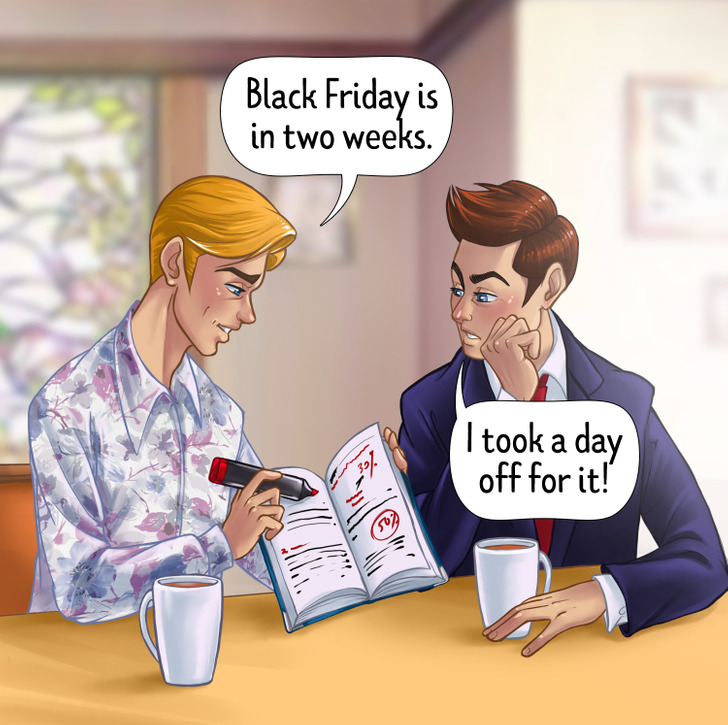
Being updated about every shopping event is a must for a shopping addict. Yet, this may become an obsession, especially if the feeling is so overwhelming that our brain tends to forget about everything else. Unlike usual prices, terms like “sale” stimulate those areas of our brain that, when confronted with discounts, make us feel both excited and stressed.
When you walk into a store seeing those magical red sale signs, your subconscious ignores everything. People simply grab and buy without giving much thought to factors like the necessity of buying something. To get the best offers on Black Friday, Cyber Monday, or a sale week, you need to be aware of when and where you should be. If you are a true shopaholic, you will even mark these dates on your calendar so that you do not miss them.
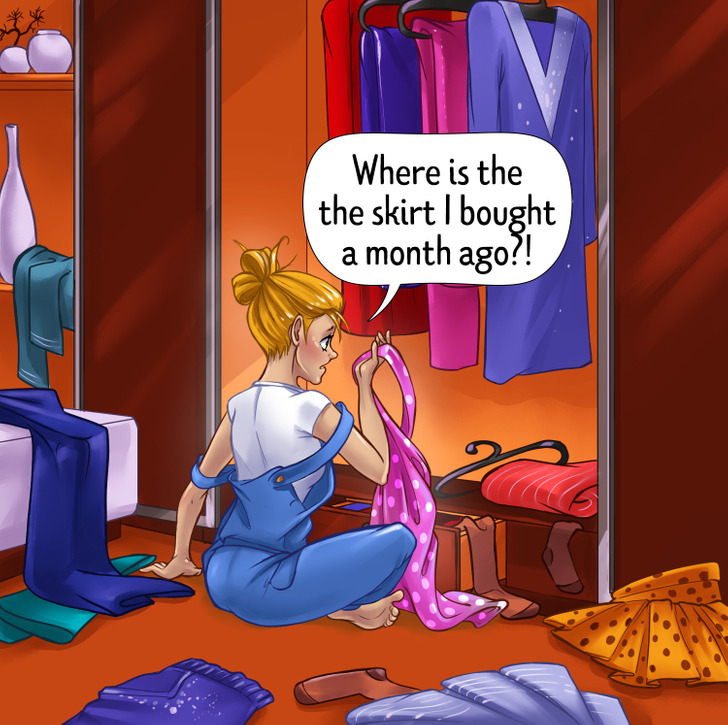
In some ways, obsessive buying is like hoarding. Many things will be purchased and then left in a drawer or closet with the rest of the items, never to be seen or worn again. People collect so much unnecessary stuff that they can’t help but fall into shopaholic tendencies.
There is no advantage in doing this since, aside from not having enough space and accumulating lots of things, you will trash or lose half of the stuff you have purchased. You buy so much that you eventually lose track of what you got, and you most likely won’t find them again until months later in your confused closet, with the price tag still on.
You never know what to wear or how to match the things you buy, no matter how much time you spend shopping incessantly. This is the outcome of impulsive purchases made just to fulfill a desire to buy something. You probably stare at your cluttered closet for hours before choosing on an outfit, or you eventually grab your stuff and drive to the mall because you think, “I have nothing to wear.”
Items bought on a compulsive purchasing spree are usually stored unworn, and obsessive shoppers then plan the next buying spree. However, this compulsive behavior never benefits either your closet or your bank account.




